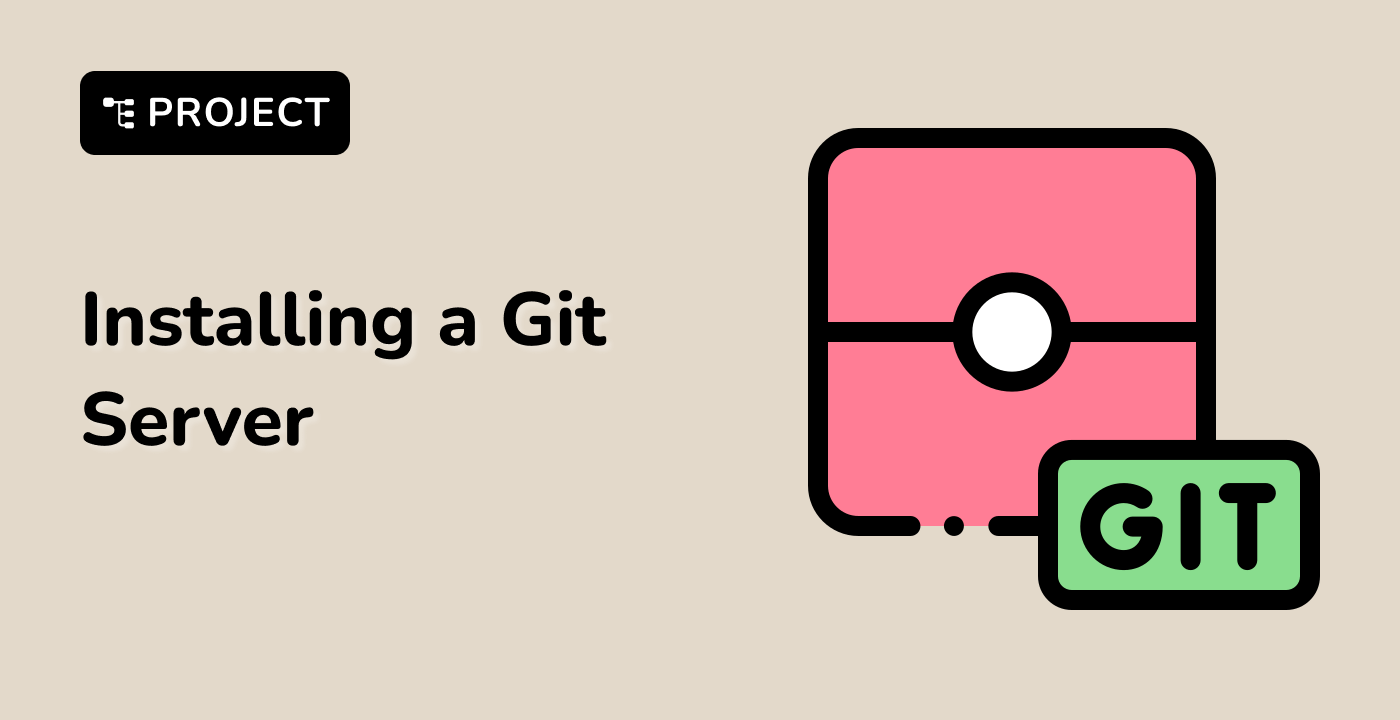Git Lock Basics
What is a Git Repository Lock?
A Git repository lock is a mechanism that prevents multiple processes from simultaneously modifying the same repository resources. When a Git operation is in progress, a lock file is created to ensure data integrity and prevent potential conflicts.
Types of Git Locks
Git uses different types of locks to manage repository operations:
| Lock Type |
Description |
Location |
| Index Lock |
Prevents concurrent modifications to the staging area |
.git/index.lock |
| Ref Lock |
Protects reference updates |
.git/refs/ directory |
| Worktree Lock |
Manages concurrent changes in working directory |
.git/worktrees/ |
Common Lock Scenarios
graph TD
A[Git Operation Started] --> B{Lock Created}
B --> |Normal Completion| C[Lock Automatically Removed]
B --> |Unexpected Interruption| D[Persistent Lock]
Typical Lock Situations
- Interrupted Git commands
- Crashed Git processes
- Network disconnections during operations
- Simultaneous repository access
Lock File Mechanism
When a Git operation begins, a temporary lock file is created:
- Prevents other processes from accessing the same resources
- Ensures atomic operations
- Protects repository data integrity
Example Lock File Path
/path/to/repository/.git/index.lock
LabEx Pro Tip
In professional development environments like LabEx, understanding Git lock mechanisms is crucial for maintaining smooth collaborative workflows and preventing potential data conflicts.




